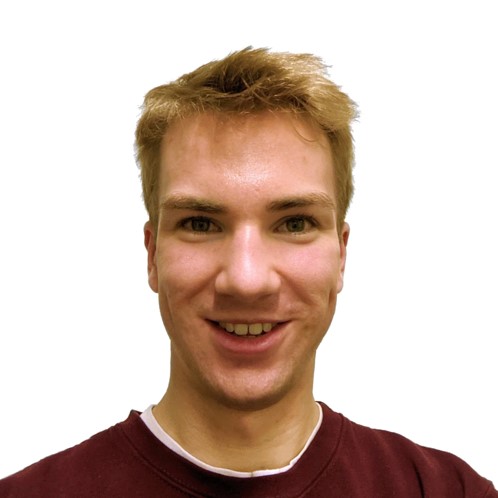
Urs studied physics at FAU Erlangen-Nürnberg in Germany. For his master’s thesis, he spent three months at Stanford University, where he learnt the technique of inverse design and later used to optimize silicon nanostructures for dielectric laser acceleration.
In his PhD, Urs will work on the generation of spin-entangled photonic cluster states. By coherently driving optical transitions inside a quantum dot, he will have high-fidelity, full-phase quantum control over an electron spin. Mediating the spin and photonic degrees of freedom will enable the creation of a photonic cluster state, a pathway towards quantum computation.